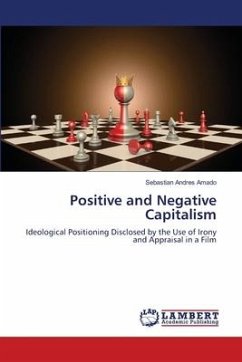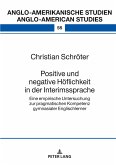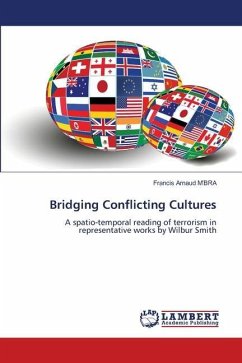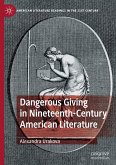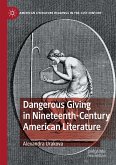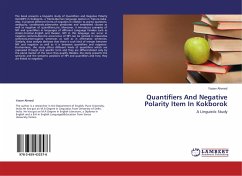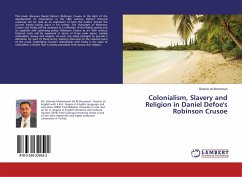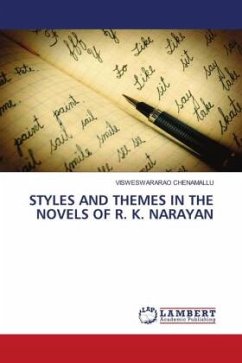Both forms of interpersonal meanings, the use of appraisal and the use of irony, take part in an inferential model of communication, in which the right inferences or assumptions on the part of the interlocutor are crucial to the success of communication. This research aims to describe various ways of linguistic realization of interpersonal meanings in language use; the purpose of this description is to show that our choice of words may not only transmit ideology but also adhere to hegemonic or dominant discourses. Ideological stance is considered from a Critical Discourse Analysis (CDA) perspective which delves into the dialectal relationship between discursive and social structures (Fairclough, 1989). The analytical framework is based on Systemic Functional Linguistics (Halliday, 1994; Halliday & Matthiessen, 2014), mostly on Appraisal Theory (Martin & Rose, 2003; Martin & White, 2005). In order to show some different strategies to convey ideology, the use of appraisal and ironyin Moore's film Capitalism: A love story (2009) is analysed. Qualitative methods are adopted to analyse the data. Findings show that our lexical choices may disclose an adherence to dominant ideologies.
Bitte wählen Sie Ihr Anliegen aus.
Rechnungen
Retourenschein anfordern
Bestellstatus
Storno

